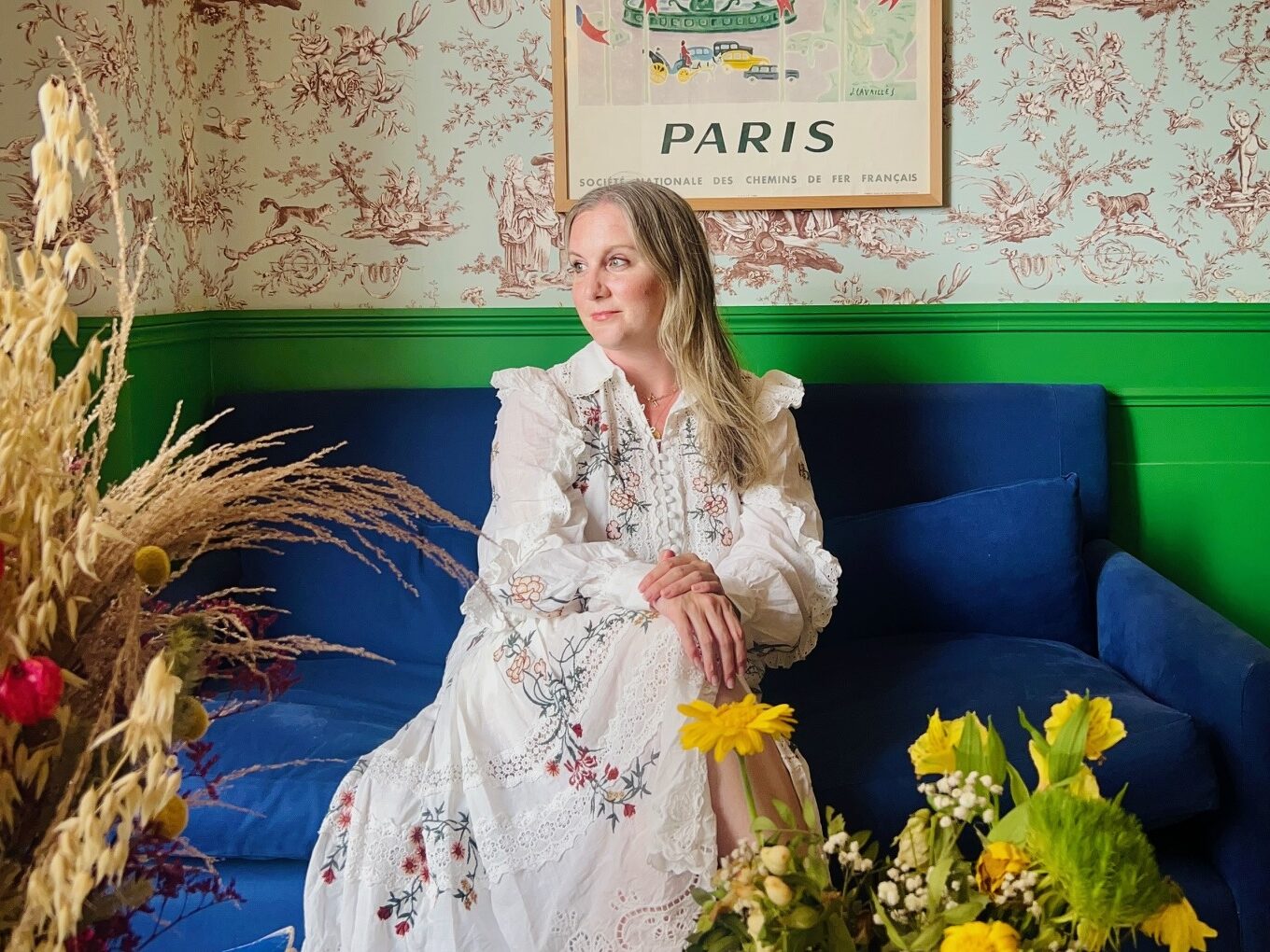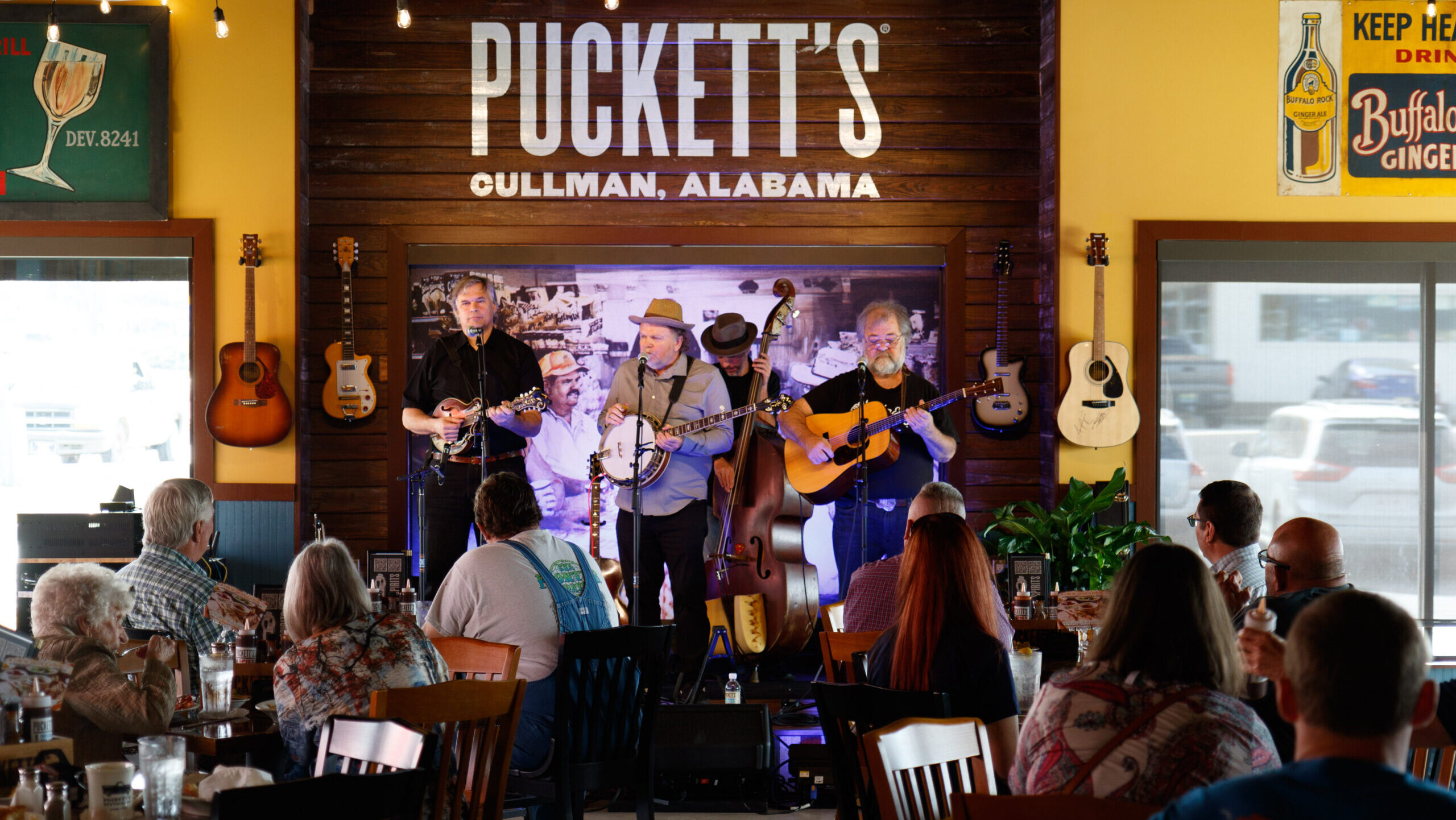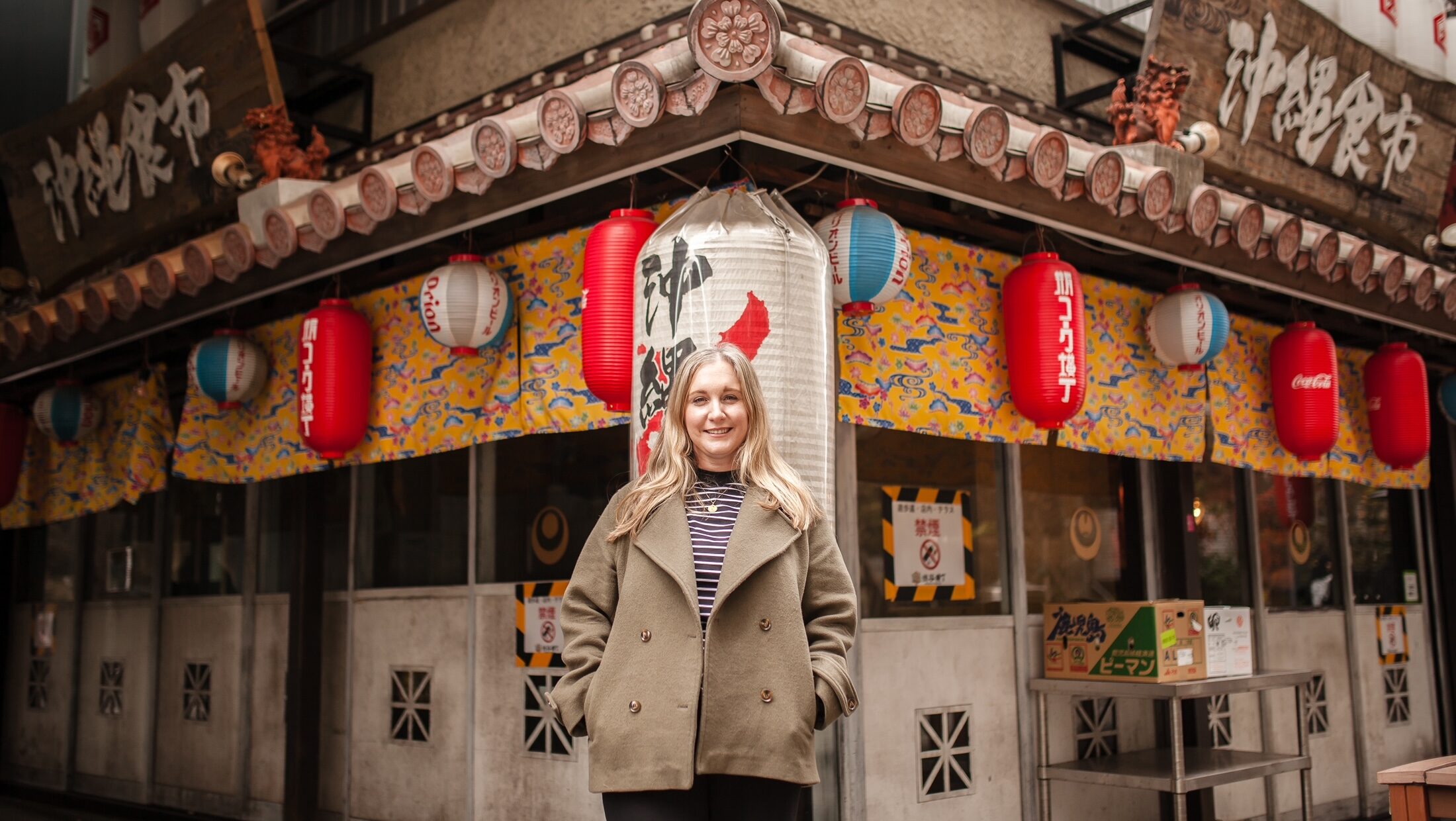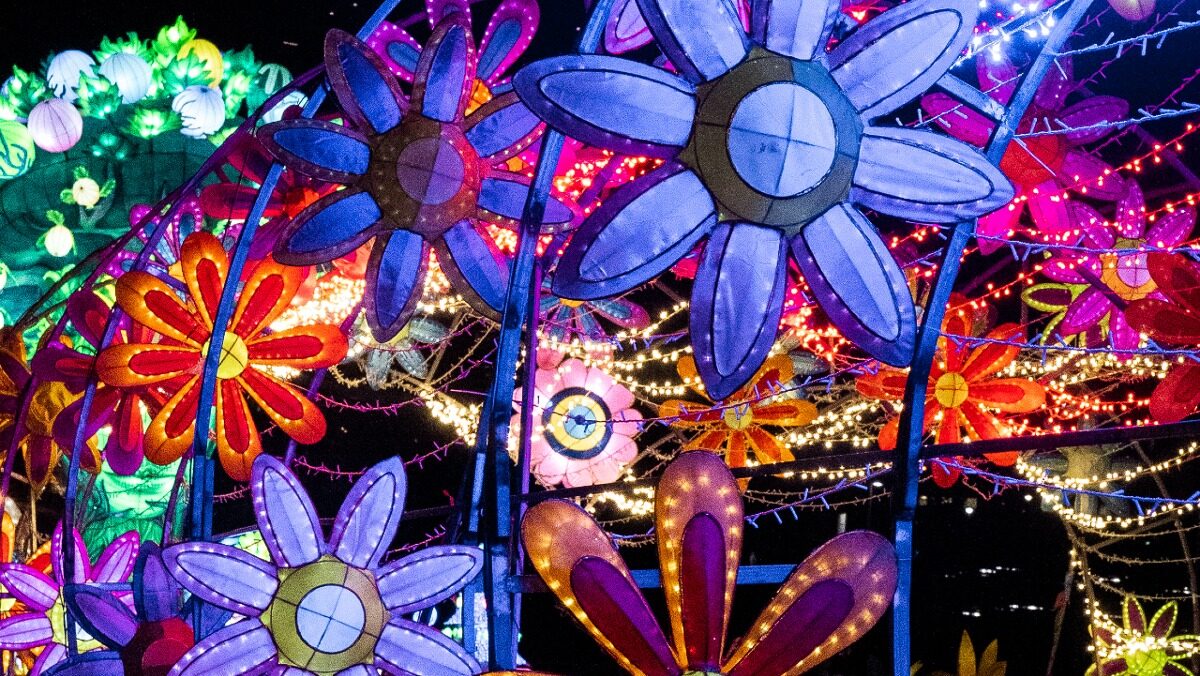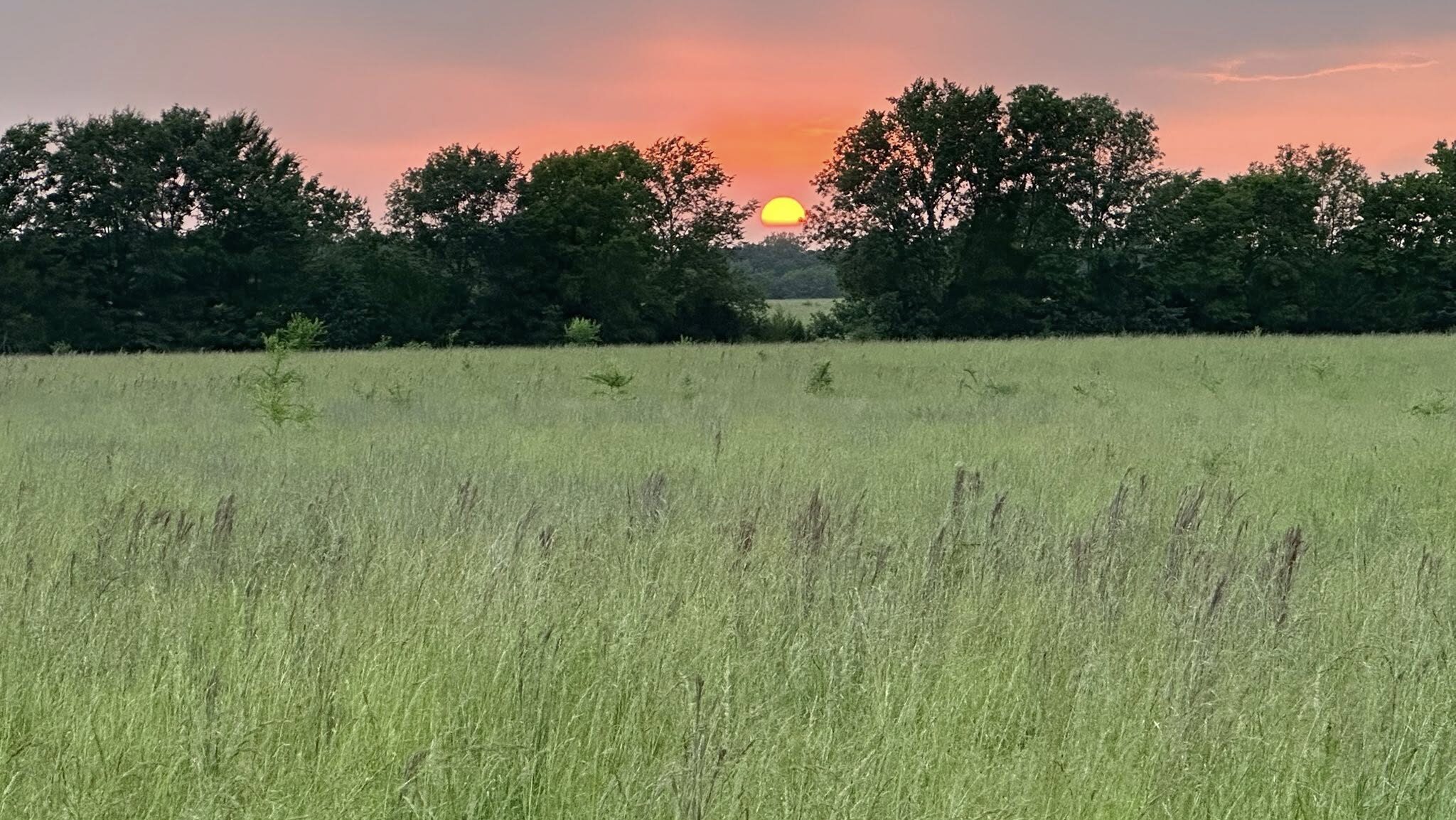The Grand Place opened up like a jewelry box with the first light, warmth spilling from behind its sculpted walls. I stood in the very center, spinning in slow circles to take it all in. Squinting from the rays, I carefully stepped across the uneven cobblestone, my suitcase echoing a terrible clatter with every move, disturbing the pigeons before their usual rising time. Beyond myself and the pigeons, there were little signs of life beginning to form—the tourist shop gates squeaking open and a man sweeping water into the gutter. I was alone but not lonely, as the day’s quiet promise hung in the air, like holding my breath, ready to release.
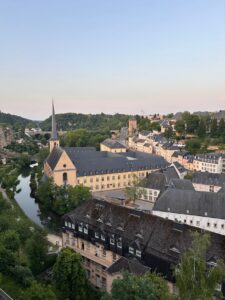
(Holly Swafford/Contributed)
I had just said goodbye to my group of two dozen students, parents, and travelers, not an hour before, through rushed hugs and bag checks as I sent them on their way in the crowded Brussels airport. A quick train ride into the city center, a bitter airport coffee, and the weight of fatigue from leading them on a week-long whirlwind through France and Belgium was now seeping into my limbs. I checked the time on my phone. I still had six hours before I could check in to my hotel, six hours of lingering in coffee shops, flipping through the novel I’d brought, trying to stay awake, to keep going. Tonight, I’ll sleep.
That night, I ordered Thai delivery, an expense I really didn’t have money for but spent anyway, and holed up in my little sixth-floor hotel room. The small window to the left of my bed overlooked the Brussels city center, brimming below with tourists and locals, teenagers with arms draped around shoulders, and twenty-somethings beginning to head to the newest trendy bars. My body wasn’t left with an ounce of strength to join in.
I had made the decision to stay behind in Europe to travel solo. It had all fallen into place, piece by piece. The students had my assistant leaders to get them home, I had arranged care for my young sons back in Alabama, and I stared wide-eyed at the gift of time before me. Would my body be able to carry on?
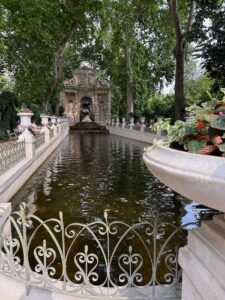
(Holly Swafford/Contributed)
A whole new existence—a new body, one I hadn’t asked for but had been given, regardless. The following summer, I had been diagnosed with lupus, a disease I knew little about before a series of bloodwork had returned with red flags. The next few months, I swam through a steady stream of doctor visits, IVs, injections, and drug trials. The word chronic began to seep worry into my bones, of how I would travel, how I would keep up.
But here, alone with my thoughts in Belgium, I remembered: the only one you’ll need to keep up with is yourself.
The next morning, I found my seat on a train to Luxembourg and eased into the adventure ahead, like testing the water with the tips of your toes before a swim. I was accustomed to going at the unsustainable pace of 16-year-olds, but now that I was alone, I could pass through towns at my own tempo.
It was nearly noon when I arrived in Luxembourg, and unseasonably hot for early June. By the time I stood at my host’s front door, three blocks from the train station, my hair was already beginning to stick to my face from sweat. Mounir’s eyes were kind as he ushered me inside. A man of around sixty, his glasses rested on the tip of his nose, and a French game show played on the TV behind him. He was overjoyed that I spoke French and insisted that my French was better than his English, so I reached deep in the depths of my brain to remember all the colloquialisms I had learned in my study abroad year a decade before.
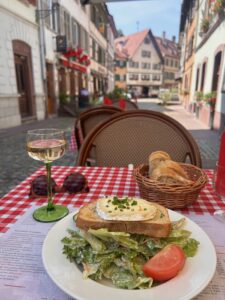
(Holly Swafford/Contributed)
Still breathless from my train station hike, Mounir buzzed around the room, carrying my bag and instructing me on all of the room’s quirks, the wifi, the storage spaces. “If you’re not too tired, I would love to show you my beautiful city,” he remarked, staring quizzically at my walking stick. I gripped it tightly, ignored my tired limbs, and said yes.
We sat at the Observatoire, a rooftop bar with panoramic views of the city, and over glasses of rosé, I began my Luxembourg education with the living map below. Every table and staff member knew Mounir by name, and he spoke with a childlike enthusiasm to every person we met. “Luxembourg has been my home for four decades now, and today it’s yours,” he said. And so it was, from the moment he sent me off to explore in the valley of the old city. Every step, every bite, every sip, the city endeared itself to me.
At dusk, I settled into a restaurant corner, ordered my host’s recommendations of freshly-caught trout in a riesling sauce, and scribbled in my journal: Mounir welcomed me with open arms. I’m pretty sure everyone in this city knows him, but it hasn’t surprised me one bit. His charisma and charm are contagious, and every now and then, he shows hints of his younger self. It’s funny, the city seems to be a similar character–growing older, yet energetic. Around me are bursts of French, Luxembourgish, and German, all tumbling together effortlessly. The city is beautiful but not showy. It’s not glamorous like Paris or edgy like Berlin. It’s comfortable in its own company, its own skin, a lesson I’m learning with myself at this very moment.
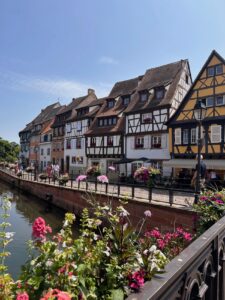
(Holly Swafford/Contributed)
Comfortable in my own skin. The phrase had taken on a new meaning since my diagnosis. Not only was I alone in a new country, I was also a stranger in my own body. But as I moved from city to city, train to train, I felt an unexpected sense of belonging within myself. I had traveled thousands of miles to be here, and I would digest every experience, every street, every sunrise and sunset with the hungry indulgence of someone who knew what it was like to have everything, to see everything, a glimpse from being taken away.
I journaled and idly listened to locals’ conversations on the banks of the Alzette river. I tore bites of chaussons aux pommes and pain au chocolat while wandering aimlessly through Petite France. I ducked into shops at will, perusing antiques, pottery, and embroidery, trying on trinkets and earrings and a host of beautiful things. I picnicked in a shaded Strasbourg park, my jacket as a blanket, legs dangling and free in the sun. I drank cold Alsatian white wine with chèvre toast while studying the colorful, half-timbered houses. I floated through the old city of Colmar in a flat-bottomed boat with a couple who spoke no English or French, giggling like children as we ducked under the low bridges. At night, I studied the moon and let it keep me in its silent company above the cobbled streets.
And finally, on the last day, I sat in Luxembourg Gardens, in the heart of Paris, in my favorite dress and poppy-red shoes–heart full, mind clear, wide-eyed and in awe of the gift of travel, the gift of time.
